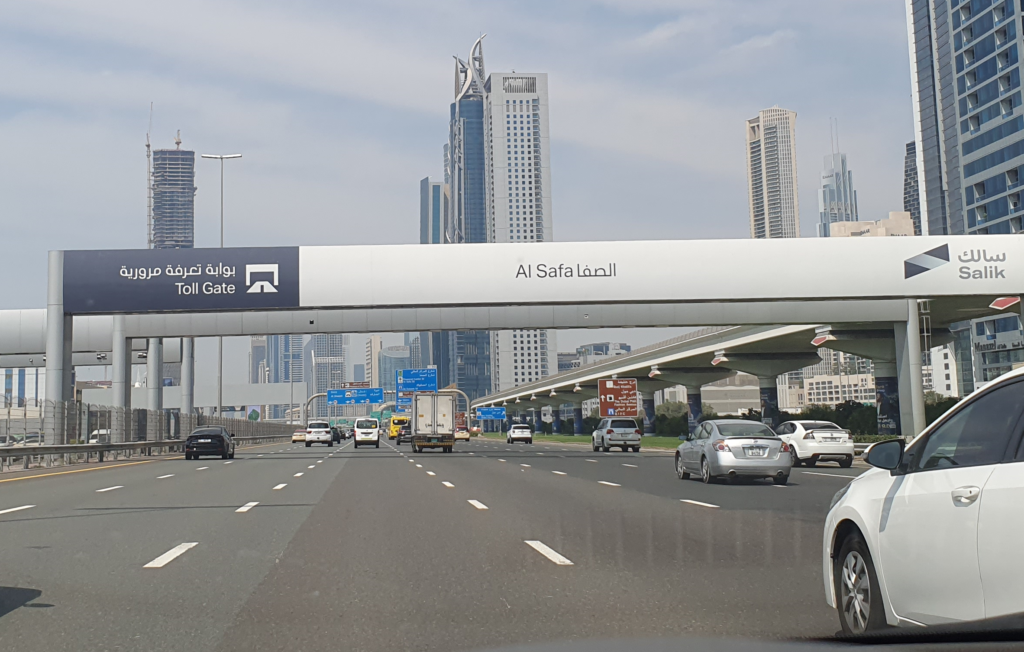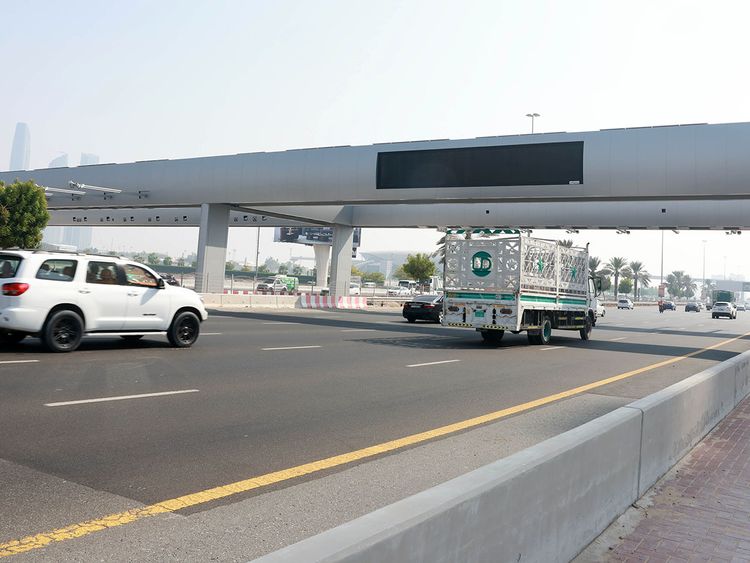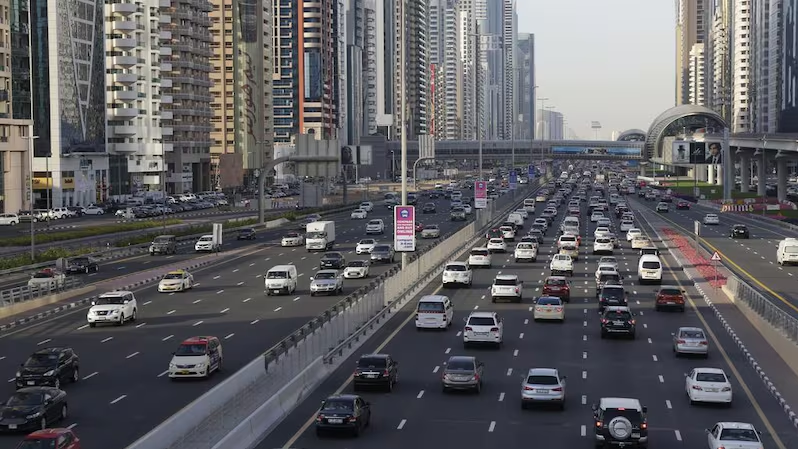Introduction
Dubai is known for its modern infrastructure and efficient transportation systems. One important part of this system is the Salik toll gate network. Recently, Dubai announced plans to expand the Salik network by adding new toll gates. These new gates will go live next month. This article provides detailed information on what to expect from these new toll gates, how they will affect travelers, their locations, tips for drivers, and the overall impact on traffic and road infrastructure.
What to Expect from Dubai’s New Salik Toll Gates?
The new Salik toll gates are created to improve traffic flow in Dubai.
- There will be two new Salik gates. One will be at Business Bay Crossing on Al Khail Road. The other will be at Al Safa South on Sheikh Zayed Road.
- These gates will start operating in November 2024.
- The main goal of these gates is to reduce traffic jam. They will help reroute vehicles to less crowded roads.
- The Salik system is fully automated. Drivers do not need to stop to pay tolls. Fees are deducted automatically from their accounts.
- The new gates aim to make travel quicker and more efficient for everyone.
These changes are part of Dubai’s plan to enhance its transportation network.
How the New Salik Gates Will Affect Commuters in Dubai?
The introduction of the new Salik gates will have several effects on travelers:
- The new gates are expected to decrease traffic on busy roads like Sheikh Zayed Road and Al Khail Road by up to 15%.
- Some commuters may experience longer travel times initially as they adjust to the new routes.
- Drivers will need to pay tolls at the new gates, which may increase their commute costs.
- Many drivers may start using alternative routes, such as Sheikh Mohammed bin Zayed Road, to avoid tolls.
- Some commuters might consider using public transport options like buses and metros instead of driving.
Locations of the Upcoming Salik Toll Gates in Dubai:
Knowing where the new Salik toll gates are located is essential for planning your route.
| Location | Road Name | Description |
| Business Bay Crossing | Al Khail Road | Aims to reduce congestion on Al Khail Road |
| Al Safa South | Sheikh Zayed Road | Located between Al Meydan Street and Umm Al Sheif Street |
These locations chosen based on extensive traffic studies conducted by the Roads and Transport Authority (RTA).
Preparing for the New Salik System: Key Tips for Drivers
- Check your Salik account. Ensure you have sufficient balance in your Salik account before traveling.
- Plan your routes. Use navigation apps to find the best routes and avoid congested areas.
- Be aware of tolls. Familiarize yourself with the locations of the new toll gates to avoid surprises.
- Consider public transport. If possible, think about using public transport options like buses or metros.
- Stay updated. Keep an eye on news regarding any changes in toll rates or regulations.
The Impact of Salik Expansion on Dubai’s Traffic and Road Infrastructure
The expansion of the Salik network is expected to have a significant impact on Dubai’s traffic and road infrastructure:
- The new toll gates will help distribute traffic more evenly across different routes, reducing congestion in busy areas.
- By reducing roadblocks, travel times should improve significantly for many commuters.
- The expansion encourages more people to use public transport, which supports Dubai’s sustainability goals.
- Better traffic flow can lead to increased economic activity as goods and services move more efficiently.
- This expansion aligns with Dubai’s Urban Plan 2040, which focuses on sustainable growth and improved mobility.
Conclusion
The expansion of Dubai’s Salik network with new toll gates is an important development for commuters and a positive step towards enhancing Dubai’s transportation infrastructure.
While there may be some challenges as everyone adjusts, the long-term benefits include reduced congestion, improved travel times, and support for public transport systems. By preparing ahead and staying informed about these changes, drivers can follow this new system smoothly. As Dubai continues to grow, these improvements will play an important role in maintaining its status as a leading global city.


